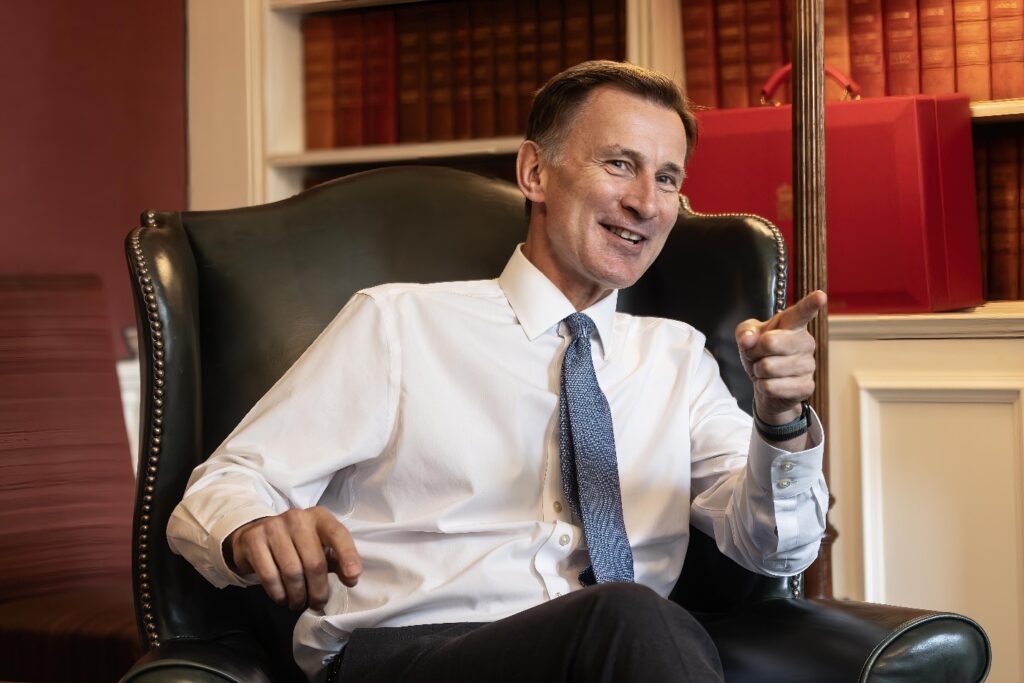Jeremy Hunt Aims to Halt Rising Taxes Through Public Service Reforms

Chancellor Jeremy Hunt has expressed his determination to break the cycle of continuously increasing taxes by reforming public services and the welfare system. This statement comes as the Conservative Party conference approaches, with some members of the party advocating for tax reductions.
Over 30 Members of Parliament, including prominent figures like Liz Truss and Dame Priti Patel, have publicly committed to not supporting any proposals that would lead to higher overall taxes.
However, Mr. Hunt emphasised that he cannot currently discuss immediate tax cuts. A leading economic research group recently reported that taxation levels in the UK are at their highest in 70 years and are unlikely to decrease.
In an interview with The Times before the conference, which is scheduled to commence in Manchester, Mr. Hunt emphasised the need for a state that not only maintains existing services but also enhances them, considering the increasing demands on these services due to an ageing population.
Concurrently, a group of Conservative MPs has made a public commitment to their constituents, pledging never to vote again for an overall tax increase. This group includes former Prime Minister Liz Truss, former Home Secretary Dame Priti Patel, and former ministers Sir Jacob Rees-Mogg, Sir Jake Berry, and Sir Brandon Lewis.
Dame Priti argued that with state spending nearing £1.2 trillion and tax revenues exceeding £1 trillion, the current level of spending, borrowing, and taxation is unsustainable. She emphasised the need for tax relief, trusting individuals and businesses to retain more of their earnings to support economic growth.
A report by the “Institute for Fiscal Studies (IFS)” indicated that tax levels in the UK are currently higher than at any point in the past 70 years. It projected that this Parliament could oversee the largest set of tax increases since World War II, with taxes expected to rise by 37% by the next general election, equivalent to approximately £3,500 more per household.
Paul Johnson, the director of the IFS, suggested that this increase in taxation is likely to be permanent, as the ageing population will lead to higher spending on pensions and healthcare in the future.
